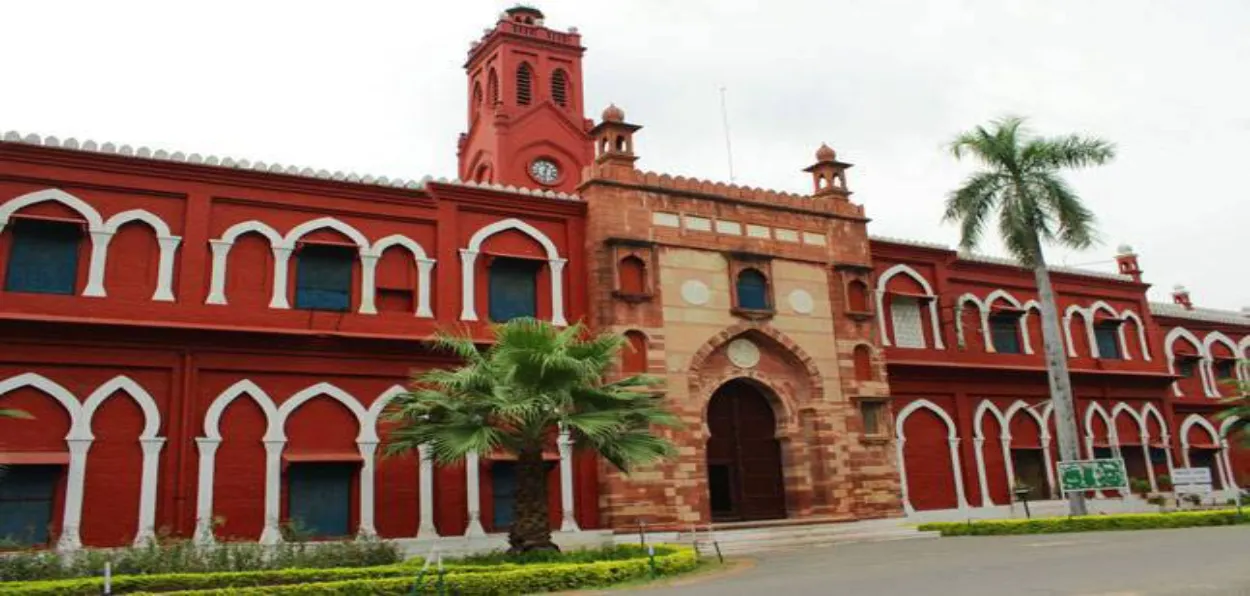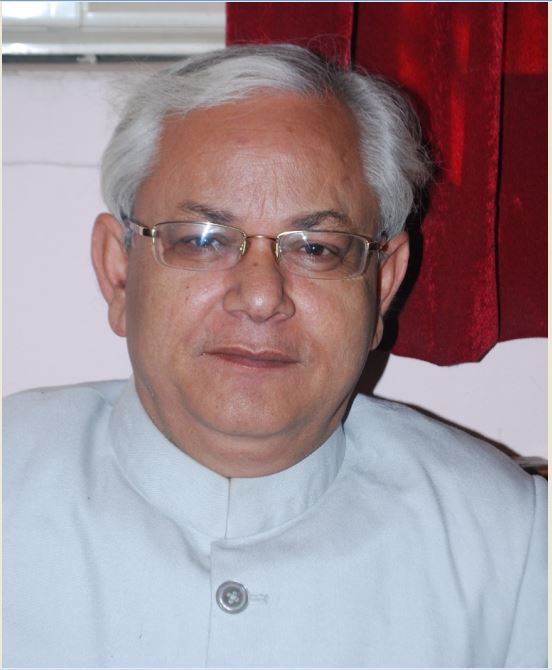
 Rahat Abrar
Rahat Abrar
Sir Syed Ahmed Khan (1817–1898) took a prominent part in all scientific and national pursuits, political, educational, social, reformist, religious and creative, in his 80-year turbulent life and left his mark in every field of life and left a lasting impact on every occasion.
In purely educational matters, his actions, thoughts and ideas took the form of the Aligarh Movement. Eminent Orientalist Hamilton Gibb described the educational institution established by him as "the first modern educational institution in the Islamic world" while the Father of the Nation, Mahatma Gandhi, described him as "the prophet of education".
On the occasion of Sir Syed Ahmed Khan's 208th birth anniversary on October 17, 2025, we should review his achievements to see if his thoughts, ideas and achievements still have significance and meaning today, while he did the work of giving a historic turn to the middle class of Muslim society and his services are considered a bright chapter. This is why he is counted among the builders of modern India.
Today, when Indian Muslims stand on the margins in the field of politics and in the field of education, they are considered the most backward community in their country. Their share in power and authority has completely disappeared, and some sectarian elements and seditionist forces want to annihilate Muslims from this country.
Sir Syed Ahmed Khan was primarily a product of the events, circumstances and accidents of 1857. According to David Leyveld, his three major works, History of the Bijnor Rebellion, Causes of the Indian Rebellion and The Loyal Muhammadans of India, narrate his experiences and adjustments in the face of the decisive turning point for British imperial rule and his emergence as a great leader in the face of Indian reaction to the changed circumstances.
Maulana Tufail Ahmed Mangalori, author of The Bright Future of Muslims, writes: "When Sir Syed's magazine The Causes of the Indian Mutiny was discussed in the British Parliament, one of its members, Mr. Cecil Baden, the Foreign Secretary to the Government of India, declared it seditious and some members even demanded that Sir Syed be hanged. This magazine of Sir Syed is the cornerstone of the politics not only of Muslims but of India as a whole, on which the country's politics was built and which was in fact Sir Syed's original and fundamental policy."
The founders of the Congress Party, O A Hume and Lala Lajpat Rai, say that they were inspired by Sir Syed's pamphlet, "The Causes of the Indian Rebellion," and founded the Indian National Congress, while Sir Syed, considering the education of Indian Muslims as a means of political recovery, founded the All India Muslim Educational Congress, which brought about an educational revolution across the country.
When Punjab Kesari Lala Lajpat Rai established the Dayanand Anglo-Vedic (DAV) School and College in Lahore in 1886 and 1889, respectively, he had Sir Syed's Mohammedan Anglo-Oriental College as his model. Today, schools, colleges and universities in the name of DAV are established in every city of India, but the people of Aligarh did not carry forward Sir Syed's educational legacy in the way the Arya Samaj movement did.
Sir Syed's political insight plays a significant role in the intellectual dimension of the movement. Politics cannot be separated from religion, society and livelihood. He was a politician with very active leadership skills, and was also the greatest orator and futurist of his time.
Sir Syed had to fight a war on four fronts. First against the British who never gave up oppressing the Muslims. Second: to attract the Muslims to new sciences and arts; Third, to popularise rationality in religion and the fourth, to open a front against the nationalism of the Congress in the last days.
This task was extremely difficult and serious. The administrators of the institution established by Sir Syed did not allow his political ideas to emerge despite opposition under Sir Syed's supervision because the Congress emerged as a ruling party, and the officials of the Muslim University, out of expediency, presented Sir Syed Ahmed Khan as a mere messiah of education and did not accept any real and creative works on his political ideas.
Scholars and intellectuals have also accused Sir Syed of promoting English education, while his original writings make it clear that he held the educational institutions of Cordoba and Baghdad in high regard. A section of Sir Syed's critics accuse the founding institution of being pro-British and of being a factory for the British government and its components, while such people have not only not studied Sir Syed's writings but are also unaware of the history of this institution.
Sir Syed considered knowledge to be the heritage of Muslims and was aware of the brilliant scientific achievements of Muslims. In one of his articles titled Madrasat-ul-Uloom and Muslims, he writes: "The universities of Cordoba and Granada, Baghdad and Samarkand were built by our ancestors... Let us try our best to bring modern sciences into our own language and learn in our own language, as our ancestors did."
The dress that Sir Syed preferred for his college was also a Turkish cap and a Turkish coat. In food, he also adopted the Turkish way instead of the Arabs, where everyone eats together on a plate. He made the date the monograph of his college, and the organisation he formed for students, teachers, and trustees was named Ikhwan al-Safa. Later, this organisation was called "Brotherhood" and now it is active all over the world under the name of the Muslim University of Al-Manai (Old Students) Association, and celebrations of Sir Syed Day are organised everywhere.
During Sir Syed's time, the vigorous propagation of Christianity by missionaries was a major challenge to Islam. The interpretation of the Quran was an attempt to appease the modern mind. Sir Syed was, in fact, the founder of a new intellectual movement among Muslims and the pioneer of the movement of Ijtihad and criticism of religion. He taught moderation instead of incitement and innovation instead of severity. And according to Dr Israr Alam, author of Sir Syed's Insigh, the British army did not turn India into Spain just because Sir Syed Ahmed Khan was born in 19th-century India.
ALSO READ: Was the two-nation theory brainchild of Sir Syed Ahmad Khan?
On the occasion of Sir Syed Day, we must hold ourselves accountable. Nations that do not hold themselves accountable are always humiliated and cut down like grass in the forest.
Dr Rahat Abrar, former Director, Urdu Academy, is PRO of the AMU, Aligarh
